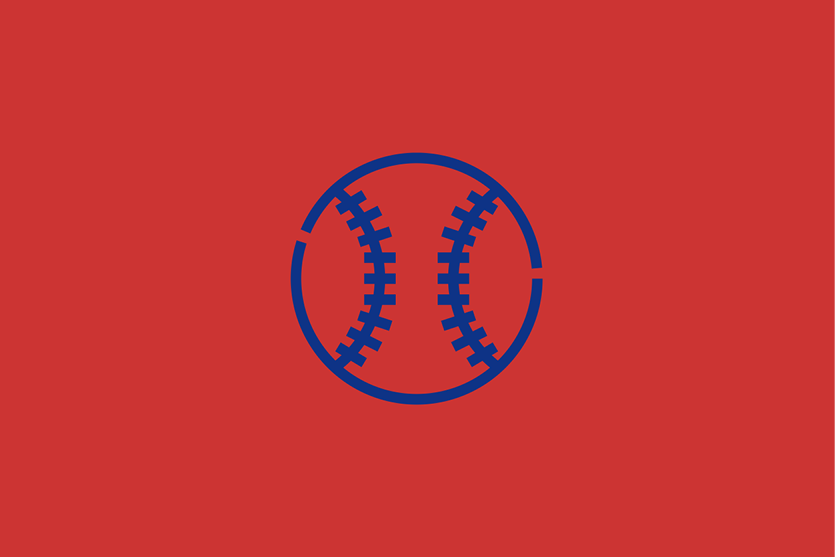The subject of today’s newsletter is the 2016 Chicago Cubs, who are No. 4 in the Best 50, my list of the greatest ballclubs in history. The rankings come from my new book, Baseball’s Best (and Worst) Teams.
Here’s a quick boilerplate explanation that I’m appending to every story in this series:
I compiled the Best 50 by analyzing 2,544 major-league teams from 1903 to 2024. Those clubs have been ranked by their team scores (TS), which are plotted on a 100-point scale. (A given club’s all-time percentile is the percentage of the other 2,543 teams that it outperformed.)
See my book for an explanation of my TS calculations. The book also offers separate breakdowns of the best and worst clubs for every decade and franchise, comprehensive profiles of the Best 50 (including position-by-position lineups and much more information than you’ll find in this newsletter), and similar summaries of the 10 worst teams of all time.
Now on to today’s profile.
-
Team: 2016 Chicago Cubs
-
Team score: 93.770 points
-
All-time rank: 4 of 2,544
-
All-time percentile: 99.88%
-
Season record: 103-58 (.640)
-
Season position: First place in National League Central
-
Final status: World champion
Theo Epstein had already pulled off a baseball miracle. The Red Sox general manager assembled the 2004 roster that brought Boston its first world championship in 86 years. He tackled an even greater challenge in 2011, becoming president of the hapless Cubs, who hadn’t won a World Series since 1908.
Chicagoans accosted Epstein with tales of elderly relatives who longed to see the Cubs win a title in their lifetimes. “Tell him to take his vitamins,” Epstein always responded, “because it’s going to be a few years.”
He was right. The Cubs lost steadily while they stockpiled young talent. They finished last in the National League Central in 2013 and 2014. But new manager Joe Maddon led the team to 97 victories in 2015, raising hopes for a breakthrough.
It came in 2016. The youthful Cubs blitzed to 35-15 record by the end of May, seizing a 6.5-game divisional lead. They stretched the margin to 17.5 games by the end.
Get the complete lowdown on the 50 greatest (and 10 weakest) clubs of all time
The Cubs rolled over San Francisco in the National League Division Series, but Los Angeles briefly threatened to derail Chicago’s title express. The Dodgers rode a pair of shutouts to a two-to-one lead in the NL Championship Series. The Cubs’ slumbering hitters finally awakened to score 23 runs in three subsequent victories.
The World Series matched two franchises mired in lengthy championship droughts — the Cubs since 1908, the Cleveland Indians since 1948 — and it fittingly went the distance. Game Seven galvanized the nation, drawing the largest audience for any baseball telecast in 15 years.
“I was sick to my stomach all day,” said second baseman Ben Zobrist. “One team was going to go home with all the marbles, and the other was going to go home shattered and broken.” Zobrist overcame his nerves to double home a run in the 10th inning, keying an 8-7 Chicago win.
A new installment will arrive in your email each Tuesday and Friday morning
The Cubs were incredibly young. Five of their eight position players had yet to celebrate their 27th birthdays. Chicago’s youth movement was epitomized by third baseman Kris Bryant, the franchise’s first choice in the 2013 draft. He blossomed so rapidly that he won the National League’s Most Valuable Player Award in 2016 at the age of 24.
Bryant’s 39 homers and 102 RBIs were complemented by first baseman Anthony Rizzo’s 32 and 109. Rizzo admitted that he and most of his teammates lacked big-league experience, but he believed they compensated with exuberance. “I don’t care what anyone says. The pressure, we didn’t really let it affect us,” he said. Center fielder Dexter Fowler, a relative oldster at 30, sparked the club with a .393 on-base percentage, sixth-highest in the NL. Joe Maddon insisted that Fowler didn’t get enough credit for the Cubs’ success. “Without Dexter, it never happens,” he said.
Chicago’s pitching staff posted the lowest ERA in the majors (3.15). Starter Jon Lester had joined the Cubs with high expectations as a free agent in 2015. “I came here to win,” he said, “and that meant right away.” He fulfilled his pledge with a 19-5 record in 2016. Lester and staffmate Kyle Hendricks finished second and third, respectively, in the Cy Young Award race. Hendricks stunned everyone by fashioning a 2.13 earned run average without an overpowering fastball. “Leading the league in ERA, I think we’d be lying if we said that’s something we expected,” said general manager Jed Hoyer.
